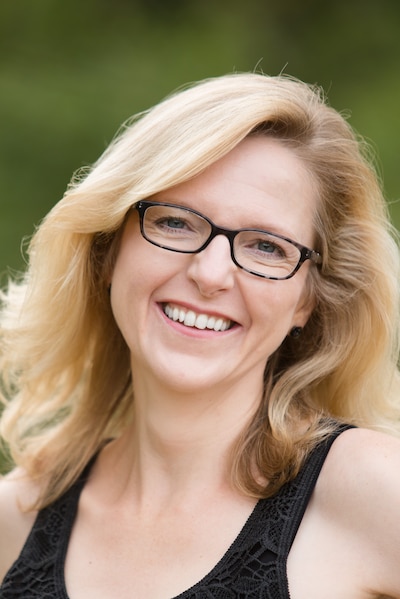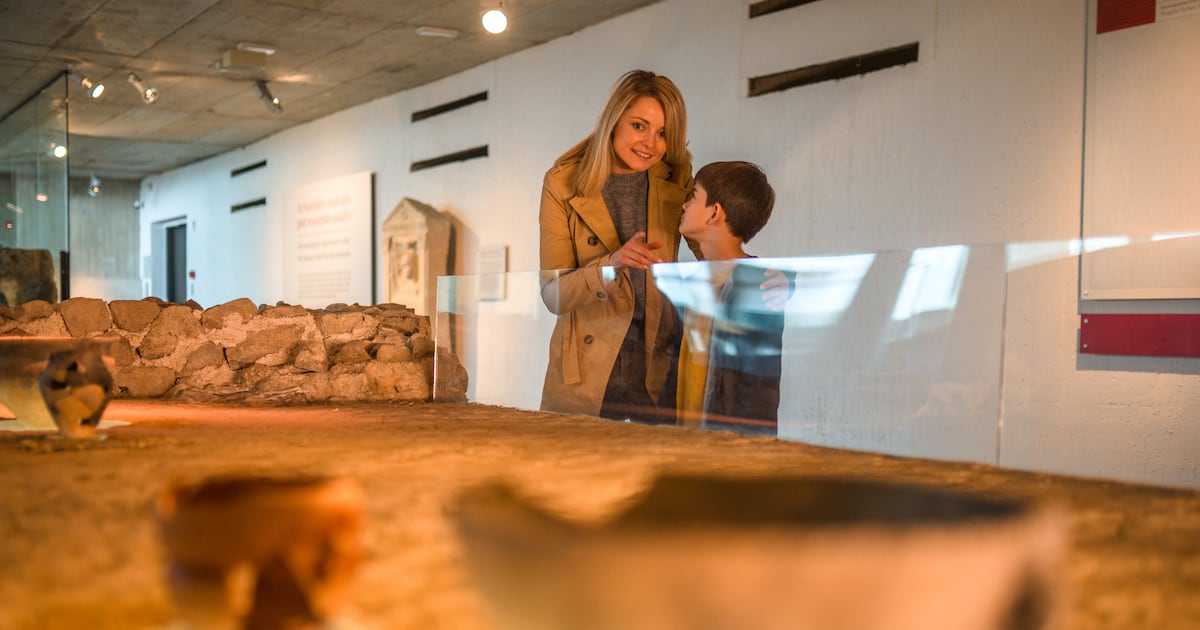First Particular person is the place Chalkbeat options private essays by educators, college students, dad and mom, and others pondering and writing about public schooling.
13 years in the past, my neurodivergent little one’s expertise with public particular schooling led us to depart it altogether and home-school from grades 6-12.
I created a personalized schooling program for my son, incorporating his concepts and pursuits. I linked with educators who operated enrichment facilities providing homeschool courses within the morning and after-school packages later within the day, in addition to group faculty employees, native museum educators, retired lecturers, homeschool teams, and college professors who supplied further alternatives for various studying.

We spent Monday mornings at an enrichment heart the place an MIT professor taught home-schoolers biology and anatomy. Thursday afternoons, we headed to a group health club, the place my son studied Latin with a professor of Greek and Roman mythology, performed chess, after which joined a bunch train class — all for a small payment. We discovered about birds of prey at our native Audubon Society, and we mentioned farming historical past throughout a go to to a cranberry bathroom.
It wouldn’t have been doable if I didn’t have a partner with a full-time job and well being care advantages — placing this feature out of attain for a lot of, if not most, households. However the kinds of partnerships I developed might assist fill the hole that exists between what colleges can fairly supply and the expansive providers youngsters — particularly these with disabilities — must thrive, with out asking dad and mom to change into full-time, unpaid instructors and curriculum designers.
Growing these partnerships is extra urgent than ever.
This previous summer time, a Pew Analysis Heart report revealed that the variety of college students within the American particular schooling system has doubled over the previous 4 a long time, from about 3.6 million in the course of the 1976-77 faculty 12 months to roughly 7.3 million in the course of the 2021-22 faculty 12 months. Colleges are struggling to seek out sufficient particular educators to serve this rising inhabitants, particularly amid the rise in psychological well being challenges amongst college students, together with these with disabilities.
We all know {that a} subset of neurodivergent college students do higher in extra versatile instructional settings. COVID closures confirmed us as a lot. As a result of whereas the pandemic was devastating for college kids with disabilities who wanted in-person, tactile help, some youngsters, together with many on the autism spectrum, thrived outdoors of conventional faculty areas. For these college students, digital studying supplied a welcome reprieve from difficult social environments, leading to improved tutorial efficiency and decrease stress.
Serving these college students post-pandemic means partaking group organizations to create a versatile schooling ecosystem, powered by conventional instruction at school and subject material consultants outdoors of it.
The Brookings Establishment described an identical association that they name ”Powered-up Colleges” in a 2020 report outlining ways in which public schooling might emerge from the pandemic stronger than earlier than. They draw inspiration from the group colleges motion, which advocates for public colleges that present wrap-around providers to satisfy the wants of scholars, households, and neighborhoods.
In the meantime within the U.Okay., college students in some districts are engaged in what’s known as “flexi-schooling.” This technique permits a baby to be a totally funded public faculty scholar whereas spending a part of the week homeschooled and/or attending off-site instructional packages.
College techniques stateside might supply one thing related. We all know it’s doable. COVID-19, in spite of everything, pressured us to get inventive in our supply of instructional providers. We should carry that ahead with methods that honor college students’ particular person studying kinds, combine group assets, and optimize lecturers’ educational strengths.
It’s too late for my son’s era, however we will meet the wants of scholars with disabilities, together with those that are extra profitable in a hybrid design, by breaking away from fashions that haven’t served many college students properly and haven’t modified in a long time. We must always change them with extra nimble options that don’t take years to actualize. In colleges, like in workplaces, we discovered to pivot shortly when COVID gave us no selection; it’s time to embrace these classes and construct upon them.
Amy Mackin is a Boston-based author and inclusion advocate who serves as Supervisor of Communications and Outreach for the Inhabitants Research and Coaching Heart at Brown College. Her work has appeared in The Atlantic, The Washington Put up, Assay: A Journal of Nonfiction Research, The Author’s Chronicle, Witness, and The Shriver Report, amongst different locations. She has taught within the Osher Lifelong Studying Institute at UMass Boston and mentors group faculty college students in writing.


